Some things to know about screw compressors
- Screw compressors are softer on power start-up than piston compressors
- 20%-30% more efficient than a piston compressor of the same size
- Much quieter, a screw compressor is around 60db compared to a piston compressor of 75-80db, meaning no acoustics are required
- 100% duty cycle for a screw compressor compared to a piston compressor with just 60% duty cycle
- Discharge temperature of a screw compressor is up to 20C less than a piston in the same environment, causing less strain on the dryer.
- No vibration from a screw compressor compared to a piston
- Safety. A Screw compressor has over temperature, phase rotation, and current draw cut-out safety whereas a piston compressor does not have any safety cutouts.
With all that being said, you can understand why more often than not, a screw compressor is a better choice for pneumatic systems. What always entices the piston buyer is the low cost. However, it should be noted that the lower-cost option is ideal only for specific environments.
Pistons
These are typical to low-duty cycle applications or very harsh environments. They are generally more cost-effective at the time of initial buying.
Use a Piston compressor for
- Remote location workshops
- Small, low-volume tyre shop or mechanical workshop
- Farm machinery shed/workshop
- Small service station
- Cement batching plants - dusty workspaces
If you are debating between a screw or a piston compressor for your business operations, reach out to our pneumatics experts. We are happy to share the knowledge and offer a free custom consultation for your workspace.







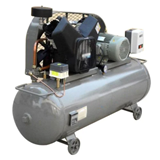
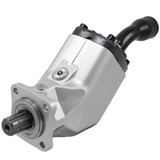
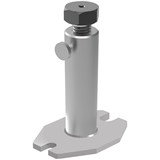
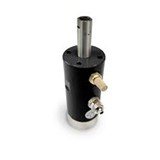

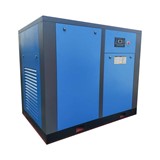


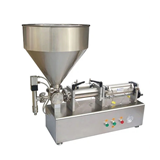
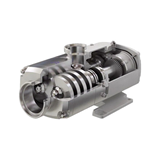
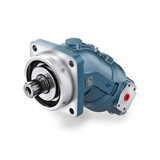





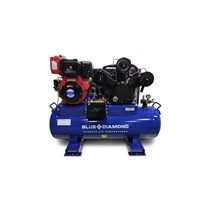
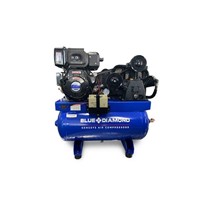
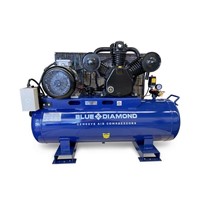

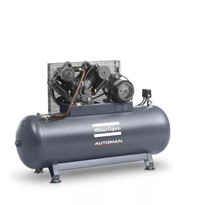
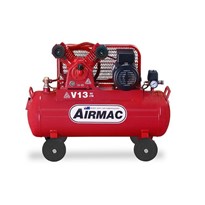


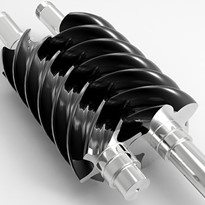

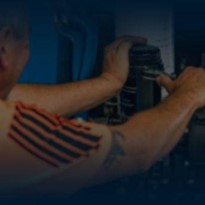
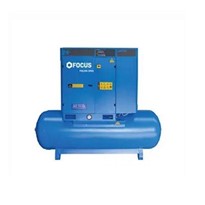
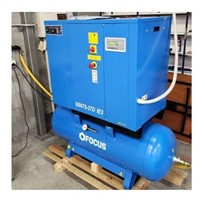
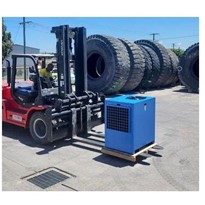


-205x205.jpg)

